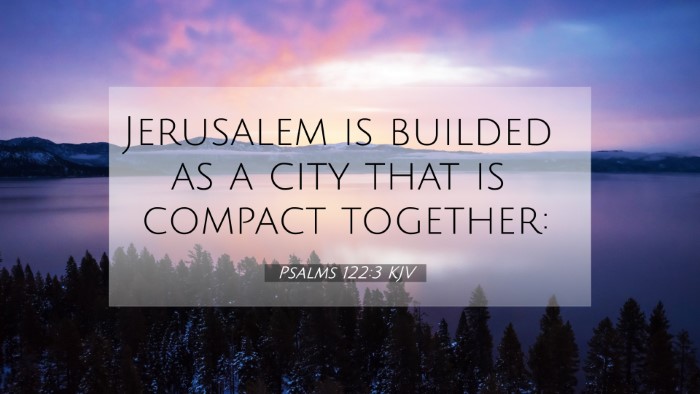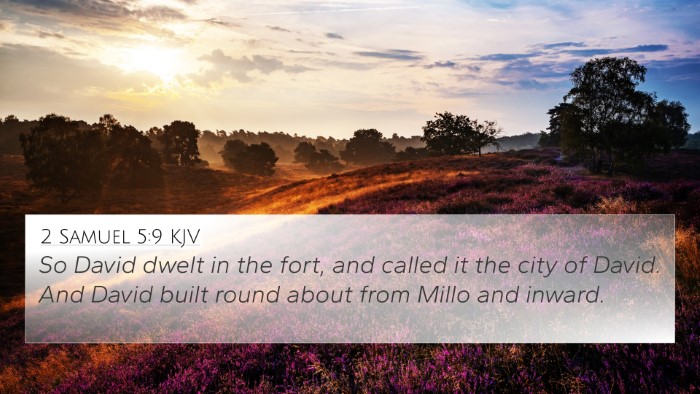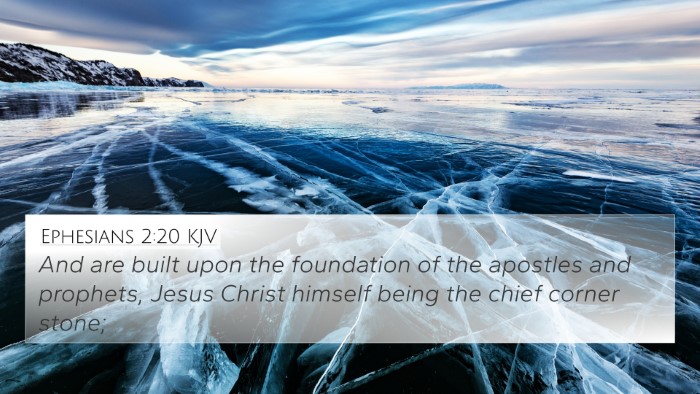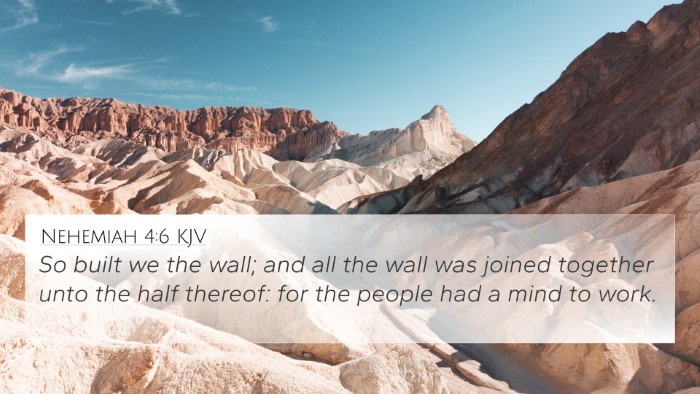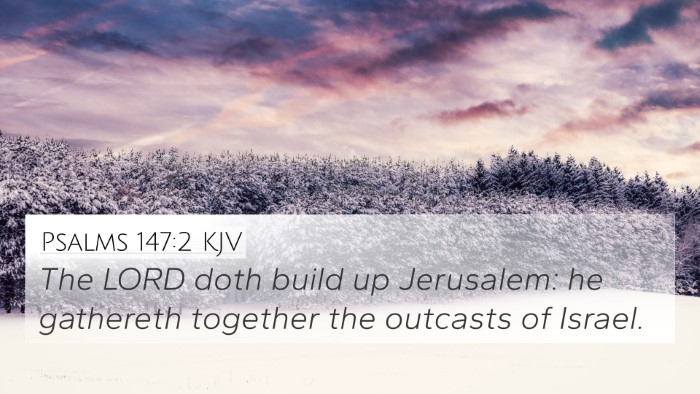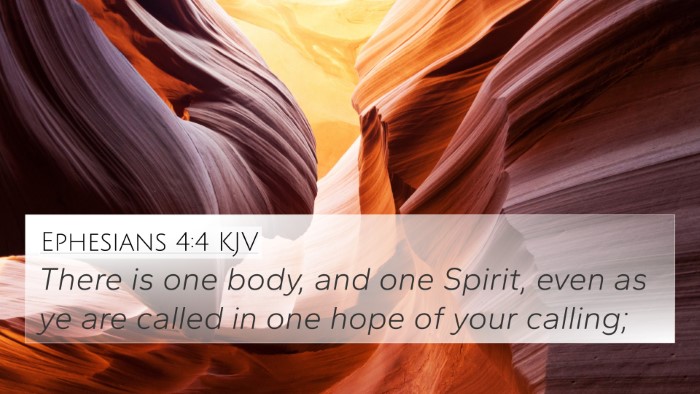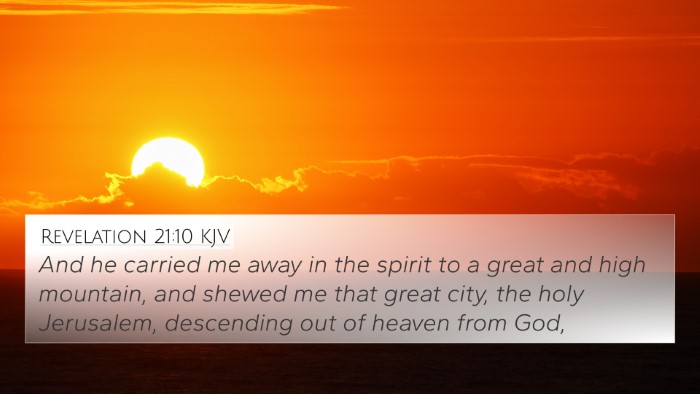Psalms 122:3 - Understanding the Significance of Jerusalem
The verse Psalms 122:3 states, "Jerusalem is builded as a city that is compact together." This passage conveys a profound sense of unity and strength associated with Jerusalem. Below is a combined interpretation from various public domain commentaries.
General Overview
This psalm is attributed to David and reflects his love for Jerusalem, the city of God, where the temple was established. The phrase "compact together" suggests a harmonious and closely-knit community, symbolizing spiritual and social unity.
Matthew Henry's Commentary
According to Matthew Henry, the psalm highlights the significance of Jerusalem as the center of worship for the Israelites. He emphasizes the notion of the city being built up in a way that provides strength and stability. Henry notes:
- Spiritual Hub: Jerusalem represents not just a physical location but a spiritual abode, where God dwells among His people.
- Unity of People: The unity of Jerusalem's inhabitants portrays a model for Christian harmony, encouraging believers to come together in faith.
Albert Barnes' Perspective
Albert Barnes views the term "builded" as indicative of God's providence in establishing Jerusalem. His insights include:
- Architectural Significance: The city's physical construction mirrors the spiritual construction of believers' lives. Just as Jerusalem was designed for divine purpose, so are individuals intended to fulfill God's plans.
- Symbol of God’s Favor: Barnes posits that Jerusalem stands as a testament to God's favor, where his presence enhances its importance and identity.
Insights from Adam Clarke
Adam Clarke expands on the verse by noting the historical context. He states:
- Settled Order: Clarke asserts that "compact together" illustrates how Jerusalem's organization reflected God's intended order for the people.
- Communal Identity: He emphasizes that the city’s physical integrity represents the collective identity and purpose of the Jewish people.
Bible Verse Cross-References
Psalms 122:3 is connected to several other verses that enrich its understanding:
- Hebrews 12:22: "But ye are come unto mount Sion, and unto the city of the living God, the heavenly Jerusalem."
- Revelation 21:2: "And I John saw the holy city, new Jerusalem, coming down from God out of heaven, prepared as a bride adorned for her husband."
- Isaiah 54:11: "O thou afflicted, tossed with tempest, and not comforted, behold, I will lay thy stones with fair colors, and lay thy foundations with sapphires."
- Psalm 125:1: "They that trust in the LORD shall be as mount Zion, which cannot be removed, but abideth forever."
- Luke 13:34: "O Jerusalem, Jerusalem, which killest the prophets, and stonest them that are sent unto thee!"
- Micah 4:2: "And many nations shall come, and say, Come, and let us go up to the mountain of the LORD, and to the house of the God of Jacob."
- Jeremiah 3:17: "At that time they shall call Jerusalem the throne of the LORD; and all the nations shall be gathered unto it."
Thematic Bible Verse Connections
Linking Bible scriptures related to the theme of unity in Jerusalem reveals important observations:
- Unity in Worship: This notion is echoed in John 4:21-24, where Jesus speaks of the true worshippers gathering in spirit and truth.
- Future Restoration: Ezekiel 37:28 references God's dwelling in Jerusalem as a promise of restoration, aligning with the hope found in Psalms 122.
- Guardianship of the City: Nehemiah 4:6 illustrates the people rebuilding Jerusalem with a mind to work, reflecting the drive for spiritual and communal rebuilding.
Inter-Biblical Dialogue
Psalms 122:3 initiates an inter-Biblical dialogue, connecting the past, present, and future of Jerusalem's significance:
- Historic Promises: The covenant made with Abraham in Genesis 12 finds fulfillment in the city actively holding religious connotations for generations.
- A Place of Prophecy: The prophetic calls in Zechariah 8:3 highlight God's future plans for Jerusalem, further supporting the themes of unity and purpose.
Conclusion
Psalms 122:3 serves as a powerful reminder of the importance of community, worship, and unity within the city of Jerusalem. The connections drawn from various commentaries highlight not only the historical significance but also its lasting impact on spiritual life across the ages.


